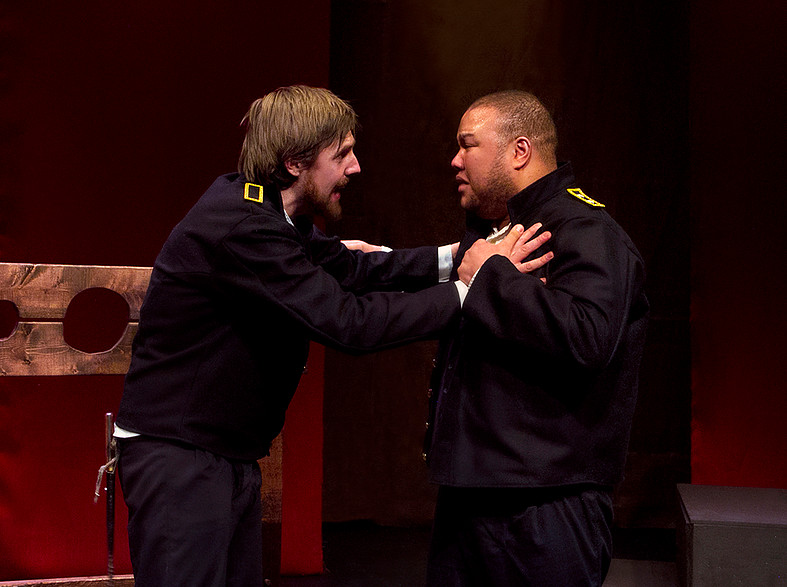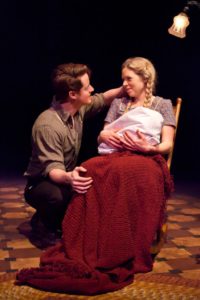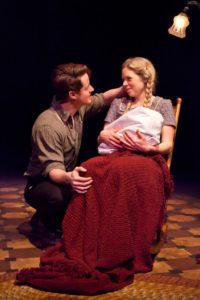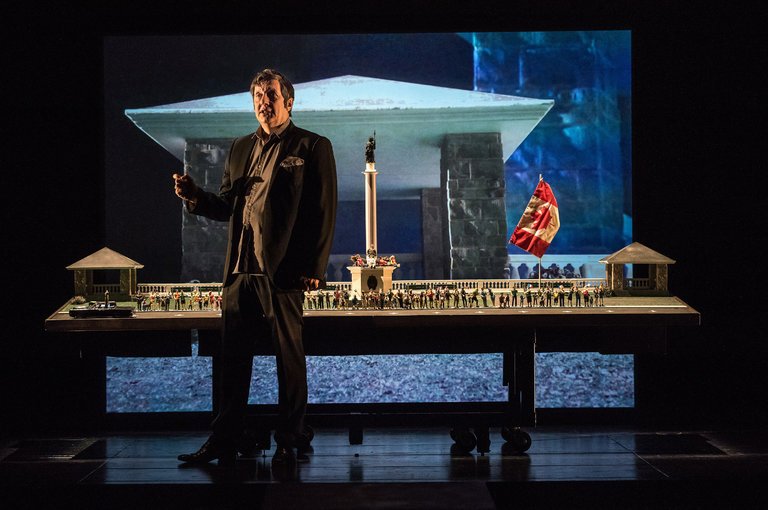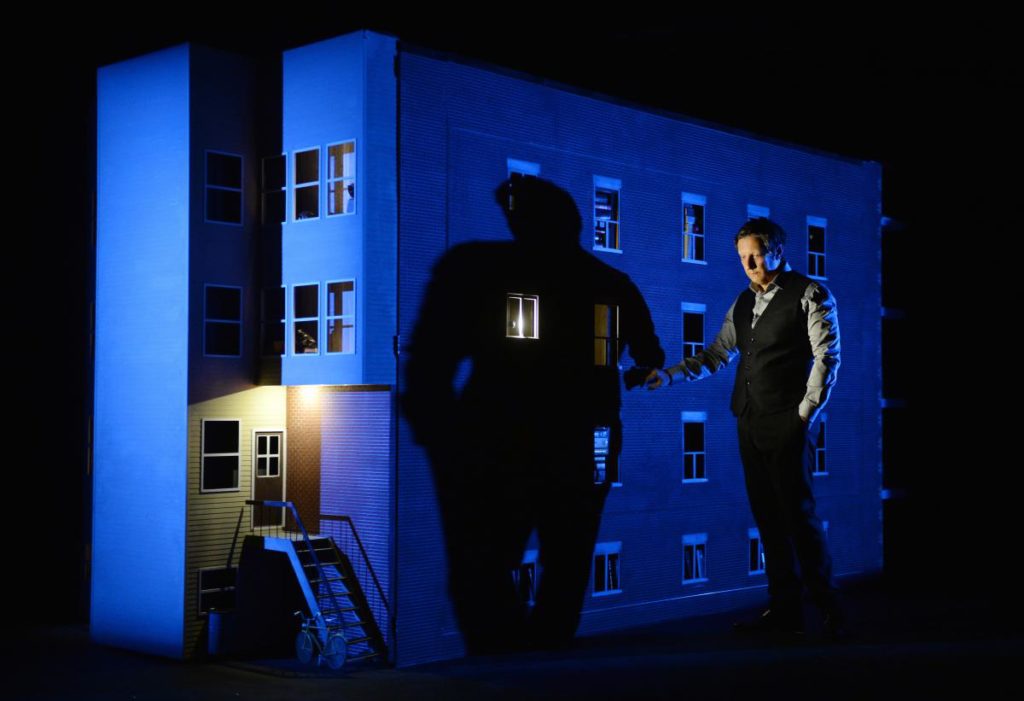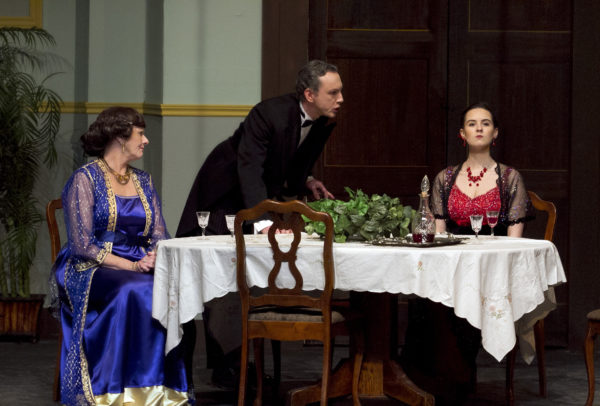Theatre Kraken: Can Uniforms and a Couple of Songs Count as an Adaptation?

Kraken Theatre Production: Othello: A Civil War Tale
Shakespeare has always been a challenge for artists, but giving his plays a modern twist proves to be unachievable task for many. Theatre Kraken is not the first that failed to rise to the occasion. The reason for that is simple: while Shakespeare is timeless in his ideas, he is very much a man of his own time when it comes to the events he describes. That is to say, he recognizes that all people are led by the same instincts in their actions, which makes him relevant to any place or time. On the other hand, events and relationships that take place in his plays might have been natural in 16th century, while in our time they may look ridiculous. …
